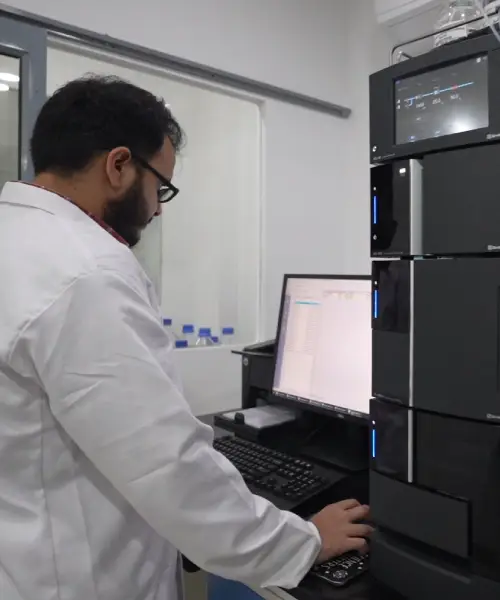If you are a doctor, nurse, chemistry student or a pharma guy you will be familiar with Atropine sulfate.
What is Atropine Sulfate?
Atropine is a natural phytochemical alkaloid, found in Atropa belladonna. API manufacturing companies use Atropa belladonna as the main source to develop atropine. It’s used as a medication primarily used to treat certain types of nerve and muscle conditions, including spasms, heart arrhythmias and excessive saliva production. It can also be used to reduce abdominal cramping, slow the heart rate, reduce high blood pressure, and treat various types of poisoning. In some cases, it is prescribed as an antidote to certain types of poisoning, such as mushroom poisoning, organophosphate poisoning, and anticholinergic drug overdose.
How does it work?
Atropine sulfate works by blocking muscarinic receptors in the body. These receptors are located on certain nerves and in the brain and are responsible for transmitting messages that control activities such as heart rate, breathing, and eyesight. By blocking these receptors, atropine sulfate can act as an anticholinergic drug and slow down these activities. This makes atropine sulfate very useful in treating medical conditions that involve an overactive parasympathetic nervous system, such as an upset stomach or asthma attack. Atropine sulfate can also be used as an antidote for certain types of poisoning, such as that from a drug overdose.
Atropine sulfate also has an anticholinergic effect, meaning it blocks the action of certain nerve impulses, which can help reduce secretions, decrease gastrointestinal motility, and reduce sweating. In addition, atropine sulfate can be used to treat certain eye conditions, including narrow-angle glaucoma.
What are its side effects?
Common side effects of Atropine Sulfate include dry mouth, blurred vision, drowsiness, dizziness, headache, restlessness, confusion, decreased sweating, nausea and vomiting, fast heart rate, and difficulty urinating. More serious side effects may include confusion, agitation, hallucinations, irregular heartbeat, seizures, and difficulty breathing. If any of these side effects occur, they should be reported to a doctor immediately.
How is it administered?
Atropine Sulfate is typically administered subcutaneously, intramuscular, intravenous and endotracheally methods. It can also be administered intravenously or via aerosol inhalation. According to market segmentation, it is available in tablets, injection, drops, & gel types, and is used majorly by gastrointestinal & ophthalmology.
Conclusion:
There has always been a huge demand for atropine sulfate by hospitals and the healthcare industry. But post-COVID era, API manufacturing companies in India and globally have been finding it difficult to procure the raw materials.






